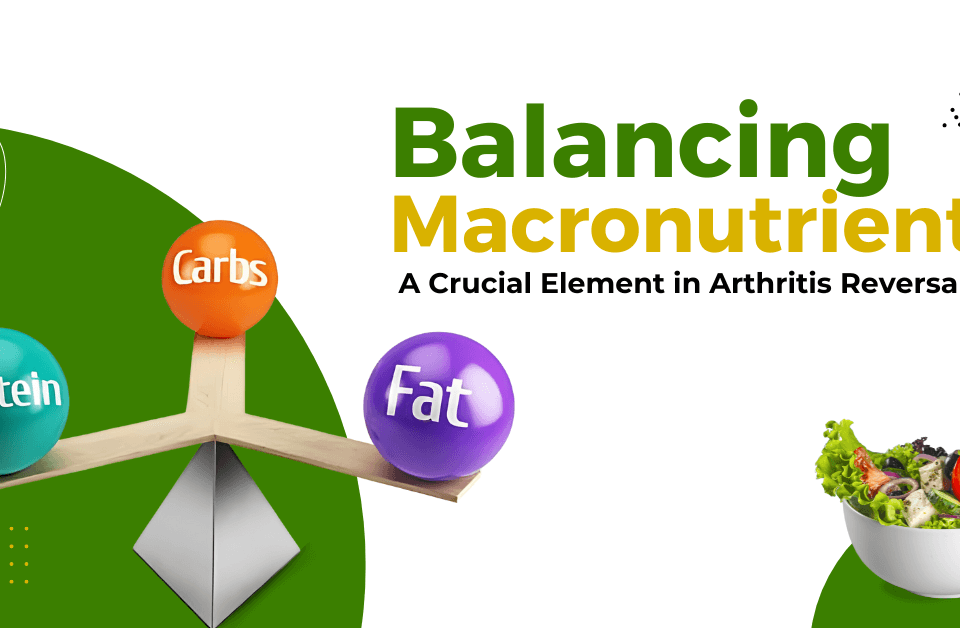Ways to reduce harmful visceral fat

Decoding Stool Colors: Understanding What They Reveal About Your Health
December 16, 2023
Can long Covid affect the intestines?
December 30, 2023Visceral fat, the type of fat that accumulates deep within your abdominal cavity and wraps around your internal organs, poses a significant threat to your health. While it may be challenging to gauge the exact amount of visceral fat in your body, a protruding belly and a large waist are telltale signs of its presence.
Unlike subcutaneous fat, which is located just below the skin and can be easily pinched, visceral fat is not as apparent but can have serious implications for your well-being.
Studies have revealed a strong correlation between excess visceral fat and an increased risk of various health conditions, including type 2 diabetes, insulin resistance, heart disease, and certain cancers. Furthermore, visceral fat acts as a factory for inflammatory markers such as IL-6, IL-1β, PAI-I, and TNF-α. Elevated levels of these markers are associated with the aforementioned health problems.
Visceral fat, often referred to as "active fat," actively influences your body's functioning and can have far-reaching consequences. Hence, it becomes crucial to address the accumulation of excessive visceral fat to safeguard your overall health and reduce the risk of chronic diseases such as diabetes, heart disease, and stroke
In this blog post, we will delve deeper into the nature and impact of visceral fat. We will explore its relationship with various health conditions and shed light on effective strategies to manage and reduce visceral fat levels. By understanding the hidden dangers of visceral fat, you can take proactive steps towards a healthier and more vibrant life.
The best way to lose visceral fat is by maintaining a healthy lifestyle. You can lower your visceral fat level by focusing on the same diet and exercise plans you would to help you lose weight and lower your total body fat. Ways to reduce visceral fat include:
1. Exercise: Aim for at least 30 minutes of exercise per day. This can include cardio exercises like brisk walking, jogging, running, or high-intensity interval training (HIIT). Strength training exercises can also help build muscle, which can increase your metabolism and aid in fat loss.
2. Eat a healthy diet: Include lean proteins, whole grains, fruits, vegetables, and healthy fats in your diet. Avoid or limit processed foods, refined sugars, trans fats, and excessive sodium. Consider following a low-carb or ketogenic diet, which can help reduce visceral fat by promoting fat burning.
3. Intermittent fasting: This is an eating pattern that involves cycling between periods of eating and fasting. Some evidence suggests that intermittent fasting may help reduce visceral fat. Consult with a healthcare professional before starting any fasting regimen
4. Get enough sleep: Aim for at least seven to eight hours of quality sleep each night. Poor sleep can disrupt hormones related to appetite and metabolism, potentially leading to weight gain and increased visceral fat.
5. Manage stress: Chronic stress can increase cortisol levels, which may contribute to visceral fat accumulation. Find stress-management techniques that work for you, such as practicing mindfulness, engaging in relaxation exercises, or seeking support from friends and family.
6. Limit alcohol intake: Excessive alcohol consumption can contribute to visceral fat accumulation. Try to moderate your alcohol intake or avoid it altogether.
Remember that losing visceral fat takes time and consistency. It's important to adopt these healthy habits as a long-term lifestyle rather than relying on quick fixes. Consult with a healthcare professional for personalized advice and guidance.
In conclusion, visceral fat poses significant health risks and can increase the likelihood of chronic diseases such as heart disease, type 2 diabetes, and certain cancers. However, there are effective strategies to reduce visceral fat and improve overall health.
By implementing strategies such as reducing carbohydrate and added sugar intake, engaging in aerobic exercises, and increasing protein consumption, you can actively work towards losing visceral fat. These lifestyle changes, along with a healthy diet and regular exercise, can help prevent the accumulation of visceral fat in your abdominal cavity.
While visceral fat may not be visible, its impact on health should not be underestimated. It is crucial to prioritise its reduction for long-term well-being. If you have concerns about your visceral fat levels, consulting with a healthcare provider is recommended. They can assess your health risks, provide personalised advice, and guide you in developing a suitable diet and exercise plan. Remember, taking proactive steps towards losing visceral fat will contribute to better health outcomes.







